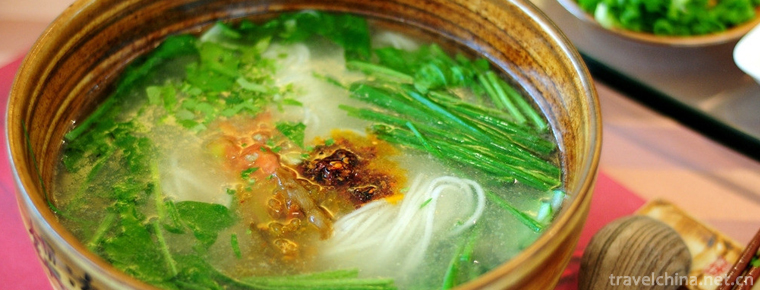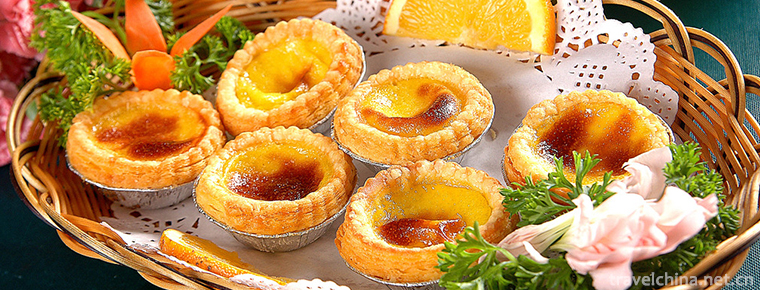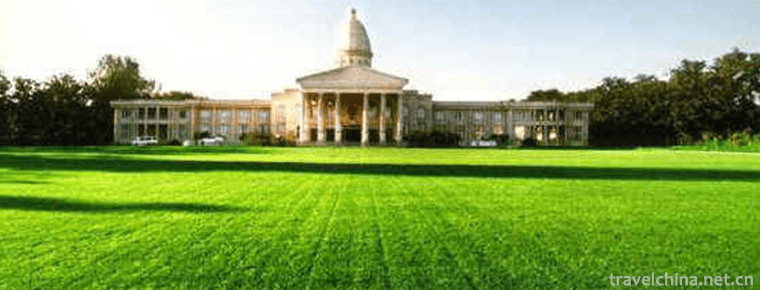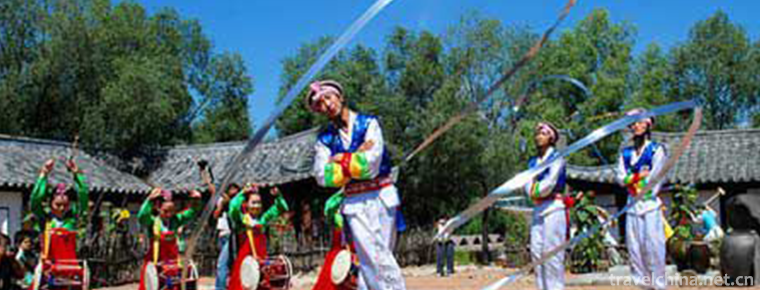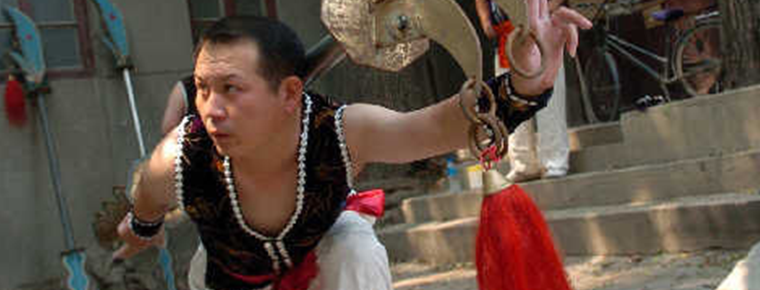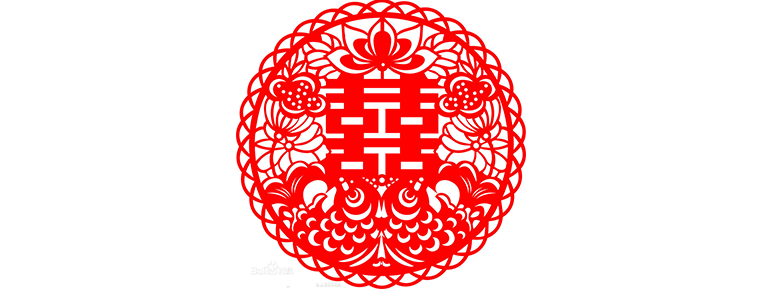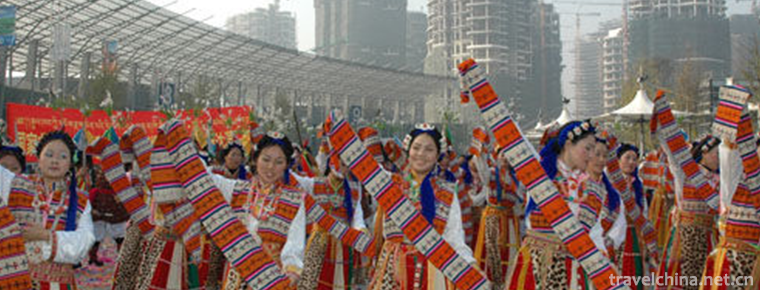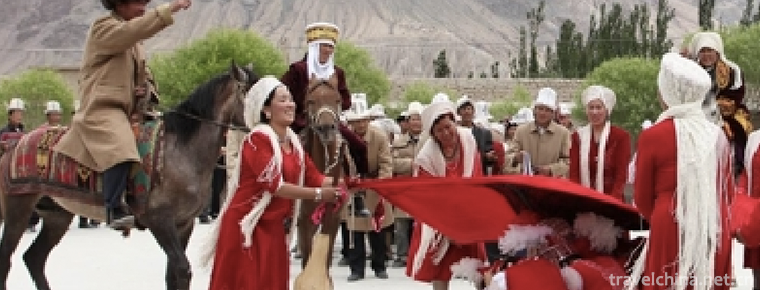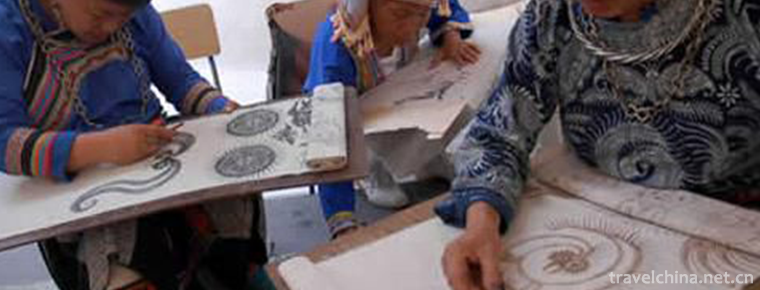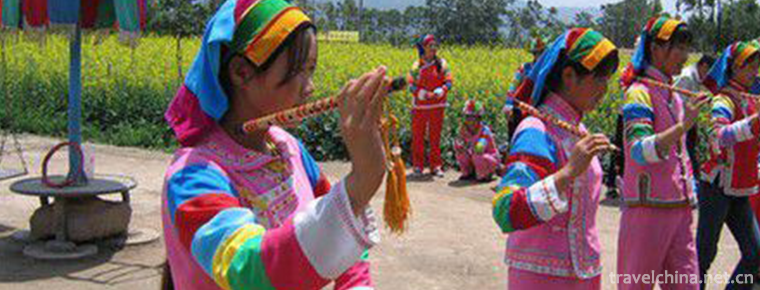Southern Drama
Southern Drama
Nan Opera, also known as Nan Opera and Shi Nan Diao, commonly known as "Gaotai Opera" or "People's Congress Opera", is a local opera in Enshi Tujia and Miao Autonomous Prefecture of Hubei Province. Originated in the era of Rongmei Tusi in Western Hubei, it has a history of more than 300 years.
Southern opera lyrics are mostly seven-character, cross sentences, Taobai and aria are mixed with Tujia dialect and local language in Western Hubei. They are funny and humorous, easy to understand, full of life atmosphere, and have a clear voice of "deep mountain valley". It mainly consists of three loud voices: South Road (like "Erhuang"), North Road (like "Xipi") and Shanglu (Bangzi Tune).
Nanlu tune originated from Chu tune, which has a relationship with Jinghe Han Opera in Hunan Province; Beilu tune evolved from Bangzi tune of "Qin tune". On the way up, it was a play, and Chuan Bangzi. In addition, it also absorbs the essence of Kunqu Opera, folk songs, religious music, and forms a mixed place with local characteristics.
Accompaniment music is composed of Gong and drum music and music of music cards. The music of gongs and drums is composed of clouds, plate drums, gongs, cymbals, gongs and other instruments; the music of gongs and drums is composed of Beijing Hu, accompanied by trivial pipes and flutes.
On June 7, 2008, Nanju Opera was approved by the State Council to be included in the second batch of national intangible cultural heritage list.
Origin of Plays
There is no exact textual research on when the name of Southern Opera began.
However, the characteristics of its multi-tone tune and performance of "People's Congress Opera" in Temple stage appeared as early as in the activities of Rongmei Tusi Opera during the reign of Kangxi, which shows that Southern Opera had its embryonic form at that time.
"Southern Opera" is generally considered to be the south of "Shinan".
Nanju opera, also known as Shinan Diao, is the only local opera that can be performed on temples and tables in the Tujia nationality area of Western Hubei.
Because it is often performed in temple and stage, and is good at performing Lianju opera, it is commonly known as "Gaotai opera" or "People's Congress opera".
Development History
In the late Ming and early Qing Dynasties, the foreign cultures, mainly Qin Opera and Sichuan Opera, flowed into western Hubei one after another. With the organic combination of local singing and dancing, the music cards and melody styles of Nanju Opera became more abundant, which was the maturity and perfection period of Nanju Opera music.
After the formation of Southern Opera, it began to be widely popular among all nationalities in southwestern Hubei, and gradually became a popular local opera among the Tujia people in southwestern Hubei. At the same time, it also spread to the adjacent western Hunan, Eastern Sichuan and other places, becoming a local opera across Hunan, Hubei and Sichuan provinces.
According to the records of the prefectures, prefectures and counties in Western Hubei, Xianfeng County moved from Changde, Chenzhou, Taoyuan, Guizhou, Sinan and Anhua of Hunan Province to Xianfeng County townships during the Qianlong reign, and traded first and then bought land. Originally from Chenzhou, Hunan, the Deng family of Lipucaotang in Dongxiang was born in Chenzhou, Hunan Province. During Qianlong period, from Shang Dynasty to Xian Dynasty, Daoguang began to be rich and prosperous. After Xiantong, the humanities flourished, and now Xianwang clan is Yan. From this we can see that in the history of the development of Nanju, Xianfeng played a very important role from beginning to end.
After the land reform and return, during the Jiaqing period of the Qing Dynasty, the rural landlord economy developed rapidly, the number of temple and Palace Theatre buildings increased one after another. The Xian rich and abundant stratum began to set up Nan Opera Section Classes, and the professional and "playmate" class societies flourished.
At the end of Daoguang, Deng Xiaochi, a wealthy man in Pucao Tang (today's Longdong Bay) in Xianfeng County, founded Tianyuan Class of Nanxi Opera. Later, Deng Xiaochi's younger brother, Deng Xiaobi, founded the Nanxi Opera "Liansheng" class.
At the end of the Qing Dynasty and the beginning of the Republic of China, Nanxi Opera spread all over Xianfeng city and countryside. There were professional suitcase performances in counties, Qingshuitang, Laoliba and other places. Southern opera friends, drum sitting and singing, more common. Nie Jiexuan, Nie Zulian, Li Dexing, Tang Huiyun, Yang Chunxuan and others in Xianfeng County made up a team and started a hard business. Because they have no family background, the masses call it "poor class". "Poor Class" has experienced three ups and downs, and has passed on the Southern Opera as a folk art form.
At the beginning of the liberation, there were still more than 30 temples and terraces in the Tangya River Basin of Xianfeng. During the meeting, there were Southern Opera Troupes singing. The troupes were also invited to step on the stage to rebuild and maintain the temples and terraces. Of the 350 households in the county town, there are four with stage. The unique temple fair culture has played a very important role in the continuation and development of Nanxi Opera. Xianfeng County is still known as "Tianyuan comes into the city, flowers make a stage, kick two rails, and a Deng Xiucai appears." That is the scene of Deng Xiaochi's "Tianyuan" Southern Opera Troupe performing at the Longevity Palace in the county town.
After the founding of New China, Nie Jiexuan, Tang Huiyun, Yang Xingchu and other old Southern Opera artists raised funds and made their own props to form a Southern Opera troupe again. The members of the theatre work during the day and perform at night, which is totally amateur. Xiao Jihe, then Xianfeng County Governor, simply named it "Labor Theatre Troupe", which fully affirmed the development of Nanxi Opera.
In 1957, the Hubei Drama Research Laboratory sent people to Enshi area to dig and sort out the traditional South Opera repertoire. Nie Jiexuan, an old artist of Xianfeng County, had a striking memory. After three years, he personally sorted out more than 300 traditional repertoires, accounting for more than half of the traditional Southwest Hubei Opera repertoire, of which 67 repertoires were published successively in Hubei Local Opera Series. His Liantai opera "Four Down Henan" has been highly valued by the provincial theatre circles and praised by the provincial cultural department. Tian Han, Chairman of the National Drama Association, Chairman of the National Musicians Association and President of the Central Conservatory of Music Mark, who watched on the spot, gave a high appraisal of the performance of Nanju Opera.
In 2002, CCTV International Channel broadcasted special programs of Xianfeng Southern Opera.
In 2003, Xianfeng County upgraded the county Southern Opera Troupe to a sub-department-level institution. The Western Channel of CCTV broadcast "Yanbian, Enshi and Western Hunan National Literature and Art Programs" in prime time, focusing on Xianfeng Southern Opera.
In September 2005, Xianfeng County Southern Opera Troupe and County Adult Secondary Technical College jointly set up Nanju Art Secondary School classes to train Nanju opera talents, and selected 48 students from primary and secondary schools throughout the county for systematic Nanju training. In October of the same year, Xianfeng County set up a leading group for revitalizing Nanju Opera, with the Secretary of the county Party committee acting as the head of the leading group.
In July 2006, Xianfeng County Government decided to interpret the Tujia large-scale Folk Tale Drama "Daughter Village" brand-new, and make it another national cultural boutique in our state.
In 2007, Xianfeng Southern Opera was included in the second batch of intangible cultural heritage protection list.
Famous Artists
Nie Jiexuan: He contributed a lot to the development of Xianfeng Southern Opera. He was familiar with Southern, Northern and Road Singing of Southern Opera. Before liberation, he painstakingly founded and managed amateur theatres. After liberation, he made great contributions to the founding of the Labor Theatre Troupe. Especially since 1957, with the help of Feng Jinseng, his master, over 300 traditional operas have been recalled and sorted out, accounting for more than half of the traditional operas in Southwest Hubei. 67 of them have been published successively in Hubei Local Opera Series. His Liantai opera "Four Down Henan" filled the vacancies of other plays and was praised by the Provincial Culture Department.
Yu Jiming: The first graduate of Wuhan Opera School transferred to Xianfeng in 1974. In the following 22 years, Yu Jiming directed more than 100 Tainan operas, of which more than 10 won awards at all levels, including "Congratulations on the Longevity of Tang Kechang", "Madame Tusi" and "Madame Zhang Erwei Doing". He also contacted the provincial Theatre School and led the team to read with him, and trained more than 20 rising stars of Southern Opera. In 1983, Southern Opera "Zhang Erwei is in the process of making" and "Tang Kechang's birthday" participated in the whole state creative repertoire performance, respectively, won the first prize for creation and performance. Then he went to the provinces to perform, and won the first and second prizes for performance and creation.
social influence
Southern Opera has been developing since it came into being, and it has experienced more than 300 years of history. Nanju opera has always maintained its vigorous vitality in Xianfeng County and Laifeng County, because Nanju opera has its unique social value.
Southern Opera has its unique regional characteristics. It is a drama with local national characteristics gradually formed in the process of multi-cultural blending in Western Hubei. It is the historical product of the exchange and fusion of Tujia culture, Ba culture and Han culture. Southern Opera has a widely recognized popularity.
In the process of inheritance, Nanju gradually moved from the original chieftain stratum to the landlord stratum after the land reform and return to the local people, and became the popular mainstream drama in Xianfeng County and Enshi Prefecture. The scripts of Southern Opera are mostly seven characters and cross sentences. The Tao Bai and lyrics are mixed with local dialects in Western Hubei. They are easy to understand and familiar to the people.
Southern opera is rich in connotation, and its repertoire is numerous. There are thousands of Southern opera scripts that have been excavated and sorted out. Its content covers everything from feuding gods, nations, three kingdoms, to the Water Margin, Yang Jiajiang, Shuo Yuezhuan and other historical stories, and is deeply loved by the common people.
Southern Opera has the plasticity of extension. On the basis of inheriting the traditional bowl, Xianfeng Southern Opera has continuously improved and innovated. It not only transplanted a large number of other operas, but also added Yangqin, Pipa, Sheng and even Western musical instruments to accompany the musical instruments. Southern Opera has strong social function.
Most of the performances in Nanju Opera are positive and healthy, with clear love and hate, which enlightens people to abandon evil and promote good. To a certain extent, it guides people's ability to judge right and wrong and influences people's world outlook.

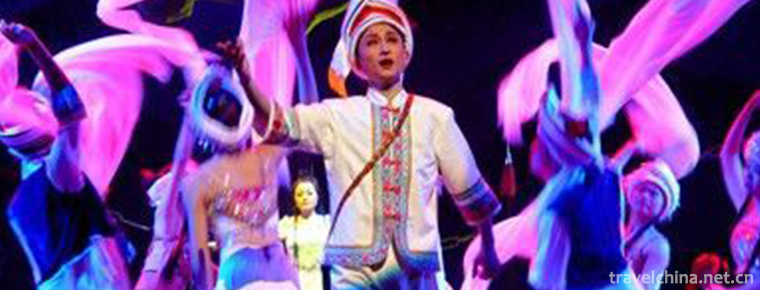
-
waterless rice noodle
Bait silk is one of the special snacks in Yunnan. It is mainly made from rice.
Views: 132 Time 2018-10-17 -
Portuguesestyle egg tarts
Portuguese egg tart, also known as Portuguese cream tower, caramel Mejit egg tart. Portuguese tart, known in Hong Kong, Macao and Guangdong, is a small cream pastry pie..
Views: 177 Time 2018-10-31 -
Shenyang Green Island Tourist Resort
Located in Tonggou Township, Sujiatun District, Shenyang City, 15 kilometers away from Shenyang City, Green Island Tourism Resort is a comprehensive multi-functional tourist area .
Views: 434 Time 2019-02-08 -
Korean Agricultural Music and Dance
"Agricultural Music and Dance" is commonly known as "Agricultural Music", which is spread in the Korean community of Jilin Province, Heilongjiang Province, Liaoning Province .
Views: 146 Time 2019-04-16 -
Hui Heavy Knife Wushu
Heavy knife is the original name of big knife. It is a traditional weapon around Beijing and Tianjin. It has a history of thousands of years in China. The original name of Jinmen.
Views: 167 Time 2019-05-04 -
Paper cut art
Chinese paper-cut is a kind of folk art that uses scissors or carving knives to cut patterns on paper, to decorate life or to cooperate with other folk activities. In China.
Views: 291 Time 2019-05-05 -
Castawin Dance
Castawin Dance, a traditional dance in Heishui County, Sichuan Province, is one of the national intangible cultural heritage..
Views: 191 Time 2019-05-08 -
Kirgizyolon
The "Yolong Song" of Kirgiz is a kind of folk etiquette song spread in the Kirgiz inhabited area living in Pamir area. As a cross-ethnic, cross-cultural and cross-regional phenomenon of folk.
Views: 292 Time 2019-05-09 -
Miao Batik Dyeing Techniques
Batik dyeing is one of the ancient folk traditional printing and dyeing techniques of the Chinese nation. As early as the Qin and Han Dynasties, the Miao people had mastered batik dyeing techniques, a.
Views: 381 Time 2019-06-05 -
Pulangorgozi
Pulangorgozi, also known as "fruit harmony", is a kind of self-entertaining dance, which originates from Pulan County and is widely spread in Ali countryside. It is a kind of hand in hand, s.
Views: 246 Time 2019-06-09 -
Exhibition hall of taipingdu in Chishui
Gulin Taiping ferry, located in Taiping town at the intersection of the upper reaches of Chishui River and Gulin River, is the most important ferry for the Red Army to cross Chishui on the Long March, with an area of about 1.5 square kilometers. The residential buildings of the Qing Dynasty in the ancient streets of the town are well preserved, one after another.
Views: 207 Time 2020-10-16 -
Gongmu mountain
Gongmu mountain is located 5 kilometers southwest of Yanyuan County, Liangshan Yi Autonomous Prefecture, Sichuan Province. It is named after the stone on the mountain because it looks like two male and female genitals..
Views: 329 Time 2020-10-16
